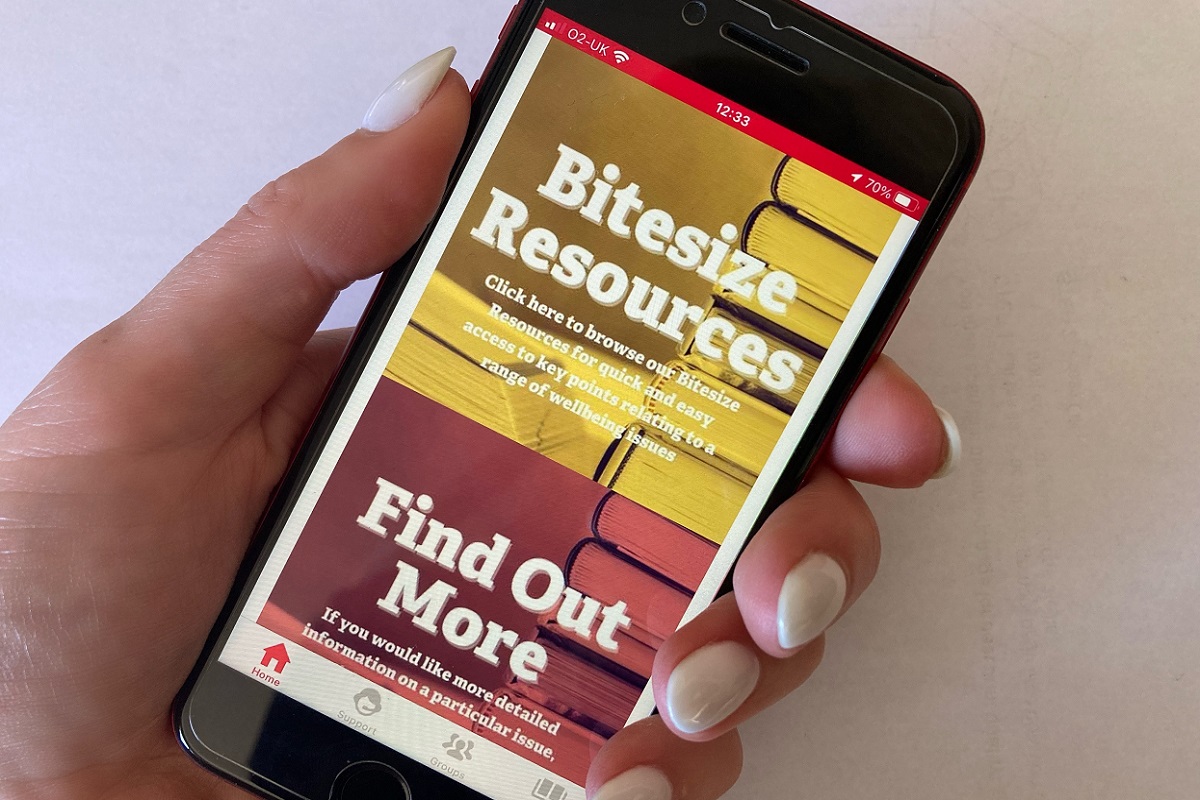Getting to grips with exactly what can affect your credit score can feel like a minefield, so our partners at PayPlan – one of the UK’s largest free debt advice providers – have answered a few key questions to help you understand what could impact yours.
One frequently asked question is: ‘Will my partner’s debt affect my credit score?’
If your credit score is important to you, or you wish to take out credit at any point in the future, knowing what can affect it is essential. Here, PayPlan tells you everything you need to know when it comes to credit scores…
What is a credit score?
A credit score is a personal score of how reliable you are at borrowing money. If you want to take out a loan, credit card, or any other type of credit, lenders will use your credit score to check your eligibility.
Credit reference agencies work out your credit score using your borrowing history, repayment history and other factors. This means that your score will be affected by missing payments, but it may also be lower than you expect if you have never borrowed money or used credit. This is because, although you’ve never been unreliable, there’s little data to confirm that you will reliably repay.
Can my partner affect my credit score?
Your credit score is an independent score based on your financial history.
If you live with your partner and they have debt or bad credit, this shouldn’t affect your score.
Equally, if you marry someone or are married to someone with bad credit, this won’t affect your score.
The primary way they may be able to affect your score and ability to borrow is through being financially linked.
If you have a joint bank account, joint mortgage or are both listed on the same utility bills, this will link you financially.
Once you’re financially linked to someone, their credit score and anything they do going forward will also affect your score.
Therefore, if you know your partner has debt or bad credit, it may be best to avoid financially linking yourself to them to protect your score.
What will happen if my partner and I break up?
If you have any joint accounts, you should close them down or convert them to only your name.
If you have a joint credit card or unsecured debt, you’ll probably need to pay it off in full before you can close it down.
Mortgages and secured debts can be solved by either selling the asset to pay off the loan or arranging with the lender for one of you to take over the debt solely.
Once you have closed any joint accounts and debts, your ex-partner’s credit history will still show on your credit reports for up to ten years.
What you can do next

If you’re struggling with debts, remember PayPlan’s there to help. Call on 0800 072 1206, they’re open from 8am – 8pm Monday to Friday and 9am – 3pm on Saturdays.
Alternatively, you can visit www.payplan.com/the-fire-fighters-charity to speak to them via live chat or for more information.
Explore our online courses

We have a number of online health and wellbeing courses available, exclusively for members of the UK fire services community. These five and six-week courses can be taken completely at your own pace, to fit round work and home commitments, and cover a range of different health and wellbeing topics in-depth – with the aim of providing techniques and tools to help you move forward positively.
From a course on gambling addiction, to another on stress at work and ones on either social or general anxiety, there are a number of topics that could prove beneficial for you.
Available through our new Wellbeing Hub in My Fire Fighters Charity, and online here, there are also five-minute Bitesize sessions and 10-15 minute Find Out More sessions available on everything from stress and anxiety to low mood, menopause, resilience and debt management.

